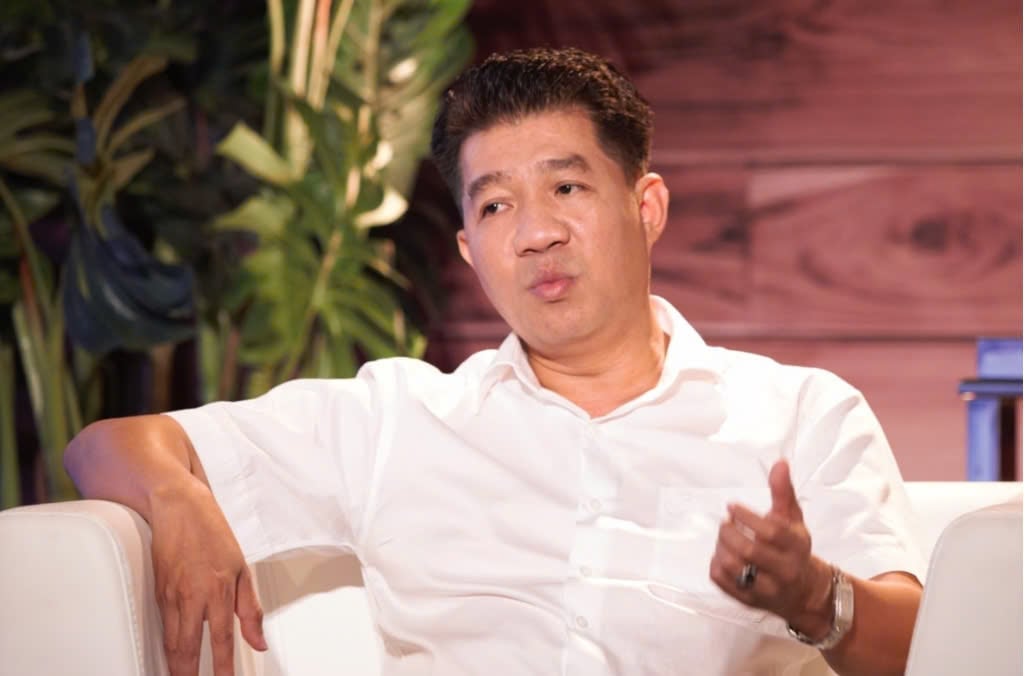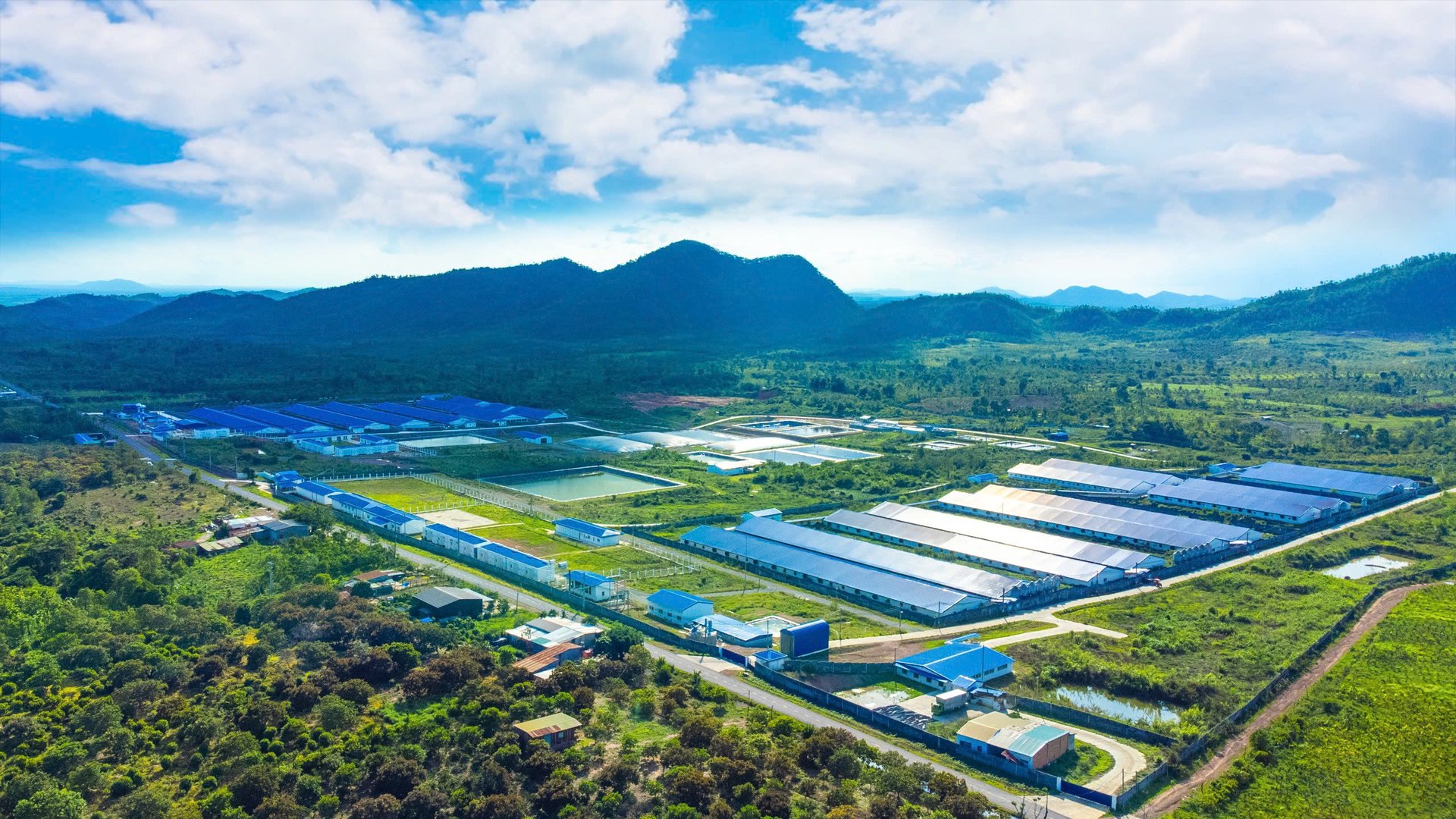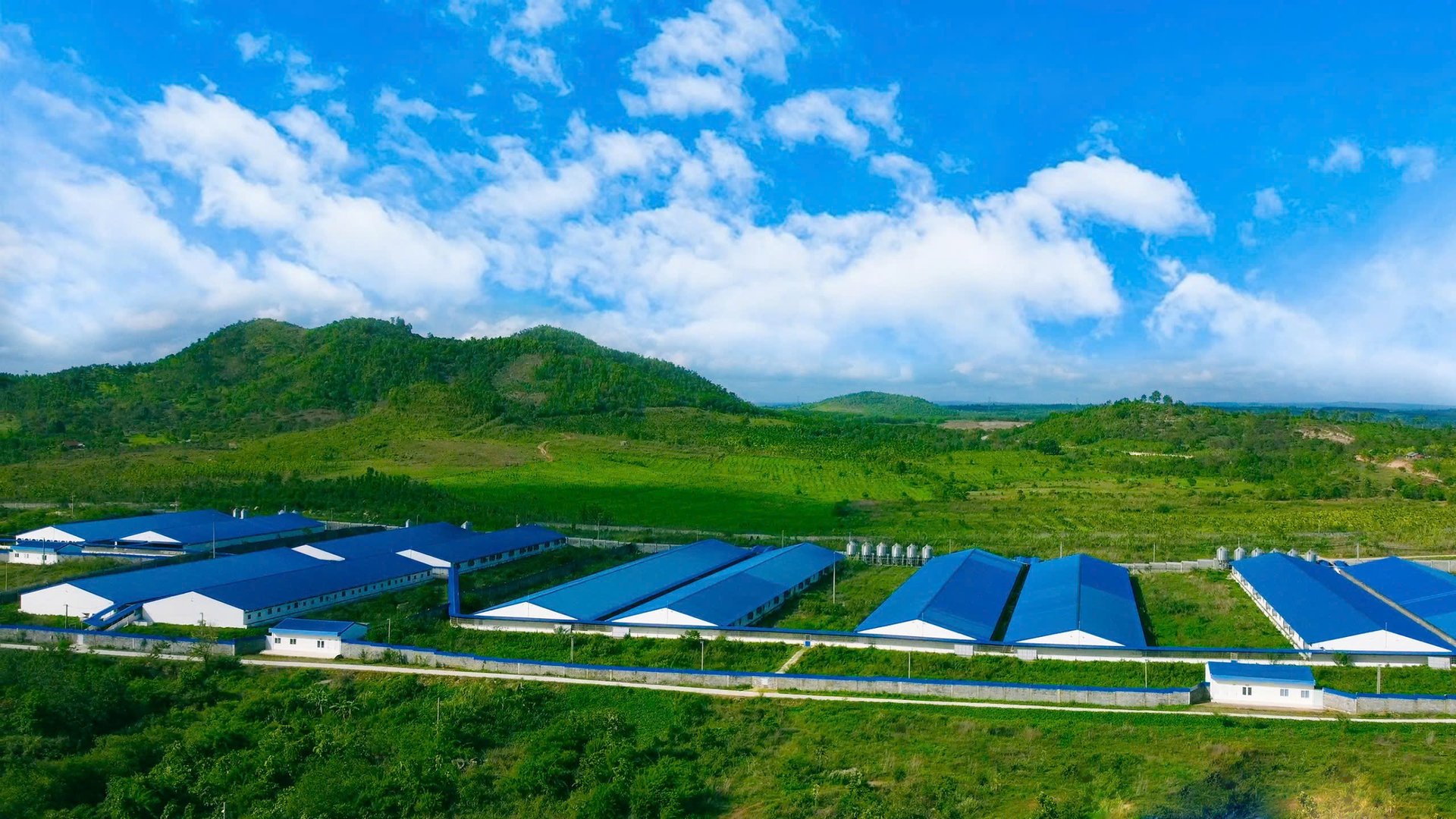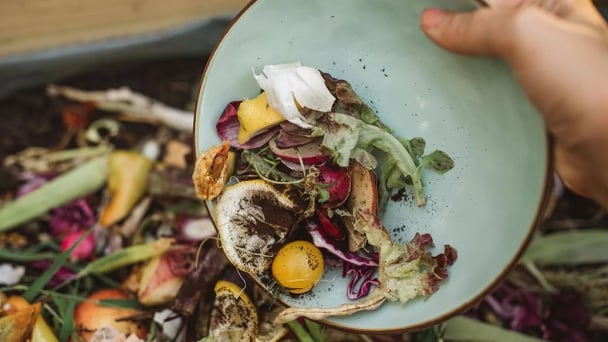May 17, 2025 | 14:19 GMT +7
May 17, 2025 | 14:19 GMT +7
Hotline: 0913.378.918
May 17, 2025 | 14:19 GMT +7
Hotline: 0913.378.918
Reporters of Vietnam Agriculture and Nature Newspaper interviewed Mr. Vu Manh Hung, Chairman of the Board of Directors and General Director of Hung On Group, about the potential, procedures, and solutions to help Vietnamese enterprises conquer the potential Halal market.

Mr. Vu Manh Hung, Chairman of the Board of Directors, General Director of Hung On Group. Photo: HT.
- In the context of many traditional export markets facing difficulties, how do you assess the Halal market for Vietnam’s agriculture sector in general and livestock in particular?
Traditional markets such as China, the EU, and the US face many fluctuations in policies, technical standards, and competition. Therefore, diversifying markets is essential to ensure stable outlets for agricultural products. The Halal market, which serves more than 2 billion Muslim consumers worldwide, offers immense potential.
However, to effectively tap into this market, Vietnam's livestock sector needs to standardize according to Halal requirements, from breeding, livestock management, and slaughtering processes to processing and traceability. This is a challenge, but it is also an opportunity for the livestock sector to restructure towards more sustainable and modern practices.
- To further penetrate the Halal market, what strategies has Hùng Nhơn Group implemented to meet these standards?
From the moment Hung Nhon Group identified the Halal market as one of its key development directions, the company has launched a series of systematic strategies to meet its stringent requirements.
First, in terms of livestock breeding, we have partnered with major domestic and international partners to ensure a high-quality breeding stock with clear traceability.
Regarding animal feed and input materials, the Group rigorously controls the selection of ingredients to ensure that no prohibited components according to Halal standards are used. We have also gradually introduced Halal-certified products since the beginning of the supply chain.
In particular, in the livestock process, Hung Nhon applies a closed-loop model with advanced technology and stringent biosecurity standards, from water and air treatment systems to disease management, to ensure a clean, stable, and safe farming environment.
At the same time, we are collaborating with international Halal certification organizations to gradually complete the documentation, processes, and management systems according to the standards. This is aimed at not only meeting the Halal market's requirements but also elevating the quality of Vietnamese agricultural products on the global stage.
- Building and maintaining disease-free livestock zones is a mandatory requirement to meet Halal standards. Can you share Hung Nhon’s experience in this matter?
For Hung Nhon Group, establishing disease-free livestock zones is not only a requirement to meet the Halal market but also a crucial factor in our sustainable development strategy. We have invested in planning livestock areas separated from residential zones, with biosecurity corridors and strict control over all activities entering and leaving the farm.

Hung Nhon has invested in planning livestock areas separated from residential zones, with biosecurity corridors and strict control over all activities entering and leaving the farm. Photo: MP.
All Hung Nhon farms operate under a closed-loop livestock system using modern technologies such as automatic disinfection, circular air and water treatment, and temperature and humidity control via sensors. Personnel are professionally trained and strictly follow disease prevention protocols, from personal hygiene to regular health check-ups.
In addition, we work closely with veterinary authorities, international organizations, and epidemiology experts to conduct regular monitoring and testing. We also proactively implement vaccination programs and develop rapid response plans in the event of any signs of disease.
Thanks to this rigorous and synchronized approach, many of Hung Nhon’s livestock areas have achieved disease-free zone certification. This provides a solid foundation for obtaining Halal certification and expanding exports to demanding markets.
How do you assess the potential and challenges for Vietnamese businesses looking to participate deeply in the global Halal supply chain?
First of all, Halal standards are extremely stringent and go far beyond the final product, they encompass the entire production chain. This includes breeding, feed, processing methods, packaging, transportation, and even ethical business practices. The lack of a robust domestic Halal certification system, along with limited capacity to meet international standards, remains a significant barrier for many Vietnamese businesses.
Moreover, to integrate deeply into the Halal supply chain, businesses need a long-term strategy: proper investment, building a reputable brand, ensuring transparency in traceability, and being open to partnerships with international stakeholders. This is a major undertaking that requires not only commitment from businesses but also support from government policies, particularly in human resource development, trade promotion, and the creation of a Halal ecosystem in Vietnam.
- What initiatives will Hùng Nhơn Group implement to promote trade and strengthen partnerships in the Halal market, sir?
We believe that to seriously engage in the Halal market, meeting product standards is only part of the equation. Businesses must also proactively reach out to the world, build relationships, and earn the trust of partners. Therefore, Hung Nhon Group has been, and will continue to, strategically and systematically enhance our trade promotion activities.
"Building a digital brand and using multilingual online communication should be strongly promoted by businesses to expand their reach to consumers and global importers," shared Mr. Vu Manh Hung.
First, we actively participate in Halal trade fairs and exhibitions in key markets such as Malaysia, Indonesia, the UAE, and Europe. These events are valuable opportunities to showcase our products, understand partners' actual needs, and stay updated on global Halal consumption trends.
Notably, Hung Nhon has also proactively joined the European Chamber of Commerce in Vietnam (EuroCham). This organization serves as a bridge to connect Vietnamese businesses with reputable Halal certification bodies and potential trade partners in Europe and the Middle East. EuroCham also provides in-depth legal and commercial consulting, significantly reducing the time and costs required to enter new markets.
- Based on this experience, do you have any recommendations for state management agencies to better support businesses in developing the Halal market?

Many of Hung Nhon's livestock areas have met the disease-free zone standards. Photo: MP.
First and foremost, we need to develop a national strategy for Halal market development – a clear roadmap that defines the roles, objectives, and timelines for each ministry, locality, and the business community. This strategy would serve as a compass to ensure that Vietnam is not a passive player in the global Halal arena.
Secondly, it is crucial to establish a credible domestic Halal certification system, operated by internationally recognized organizations. This would help reduce costs, shorten timeframes, and give Vietnamese enterprises greater control and confidence in accessing Halal markets.
In addition, specialized trade promotion activities for the Halal market must be conducted more regularly and professionally. Not just trade fairs and exhibitions but also business matchmaking programs, workforce training, and investment and legal consulting are essential.
Thank you very much for your insights!
Translated by Phuong Linh

(VAN) Food waste has become a serious issue in modern society, especially in rapidly urbanizing and developing cities like Hanoi.
![Multi-channel, multi-directional Vietnamese agricultural markets: [7] Deep processing makes global reach easy](https://t.ex-cdn.com/nongnghiepmoitruong.vn/608w/files/huytd/2025/05/16/2946-che-bien-sau-chia-khoa-vang-nang-tam-nong-san-viet-tren-ban-do-the-gioi-080603_110-093858.jpg)
(VAN) The application of deep processing technology is helping Vietnamese agricultural products enhance their value, create competitive advantages, and open doors to conquer global consumers.
![Multi-channel, multi-directional Vietnamese agricultural markets: [6] Agri products go online](https://t.ex-cdn.com/nongnghiepmoitruong.vn/608w/files/content/2024/12/10/1-113313_954.jpg)
(VAN) Bringing agri products onto e-commerce platforms is an effective way to build a brand that many businesses, cooperatives, and agricultural production households are doing.

(VAN) Veterinary training should focus on quality, not just quantity. Veterinarians also need more options to pursue specialized training.

(VAN) The veterinary industry needs to be viewed objectively and further invested in to properly demonstrate its role and importance in the new context.

(VAN) The number of veterinarians graduating each year is not enough to meet actual needs, hence a difficult problem for the growing livestock industry.